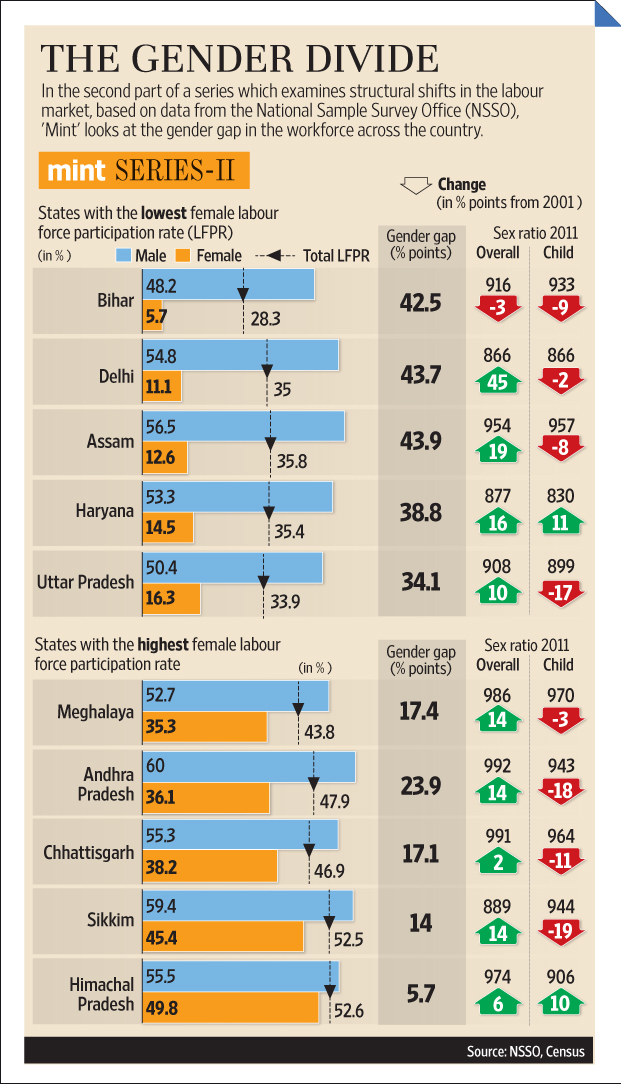Women’s sports is a neglected area world over, and especially developing countries like India, where women are yet to achieve equal status in many areas. The female athletes have long occupied marginal and sometimes invisible positions in sport settings and mainstream media.

Haryana, a northern Indian state is home to the nation’s worst male-to-female ratio and infamous for its legacy of female foeticide and honor killings. Yet it produce many of the nation’s most well-known female athletes. These include Krishna Poonia, a champion discus thrower and gold medalist at the 2010 Commonwealth Games and Geeta Phogat, the first Indian woman wrestler at the Olympics. Similarly, Vinesh Phogat has grappled through pain, tears and disappointments to carve a niche for herself in a society where women are often discarded and pushed to the margins and a gritty woman wrestler Sakshi Malik ended India’s painful wait for a medal at the Rio Olympic Games by clinching the bronze in the 58kg category.

This year Haryana’s state government has introduced various incentive schemes and promises of employment to medal-winning athletes. It also recently made it compulsory for school children to play at least one sport. These measures, analysts say, have affected the state of women in Haryana as a whole. Last year, Haryana reported a rise in the sex ratio to 877 females per 1000 males, its best in the last 110 years. This silent social shift is becoming visible in the least likely places.

The government said social welfare expenditure by companies towards promotion of sports like the rural and Olympic sport would be considered as a CSR activity. Under the new Companies Act, certain class of profitable entities are required to shell out at least two per cent of their three-year annual average net profit towards Corporate Social Responsibility (CSR) activities. Schedule VII of the Companies Act, 2013 that indicates a list of CSR activities includes training to promote rural sports, nationally recognised sports and Olympic sports.
The focus is on understanding and analyzing how race, class, gender, and other forms of oppression shape women’s professional sport using as the focal point, corporate social responsibility (CSR) and the type of mainstream media coverage it receives. It is believed that a better understanding of these varied experiences would add depth and knowledge to research on development of sports and role of women in sports, will allow professional leagues and teams to move forward with a more informed perspective regarding design, delivery, and overall purpose of CSR in women’s professional sport.
Ultimately, it is important because CSR initiatives often serve as a way to connect with the community, bring attention to socially relevant issues, and highlight athletes who serve as positive role models for youth. Gender discrimination in sports negatively impacts the level of interest.
As a result of discriminatory practices, opportunities to conduct meaningful outreach to young women and girls are weakened. Therefore, companies must take up CSR activities to eradicate such evils from the society.

RIO DE JANEIRO, BRAZIL – AUGUST 19: Silver medalist V. Sindhu Pusarla of India celebrates during the medal ceremony after the Women’s Singles Badminton competition on Day 14 of the Rio 2016 Olympic Games at Riocentro – Pavilion 4 on August 19, 2016 in Rio de Janeiro, Brazil. (Photo by Clive Brunskill/Getty Images)
By – Geetika Sehgal
If you like the article, share your views in the comment box below.
You can also like us on Facebook or follow us on Twitter
For any query please write to us at media@fiinovation.co.in

